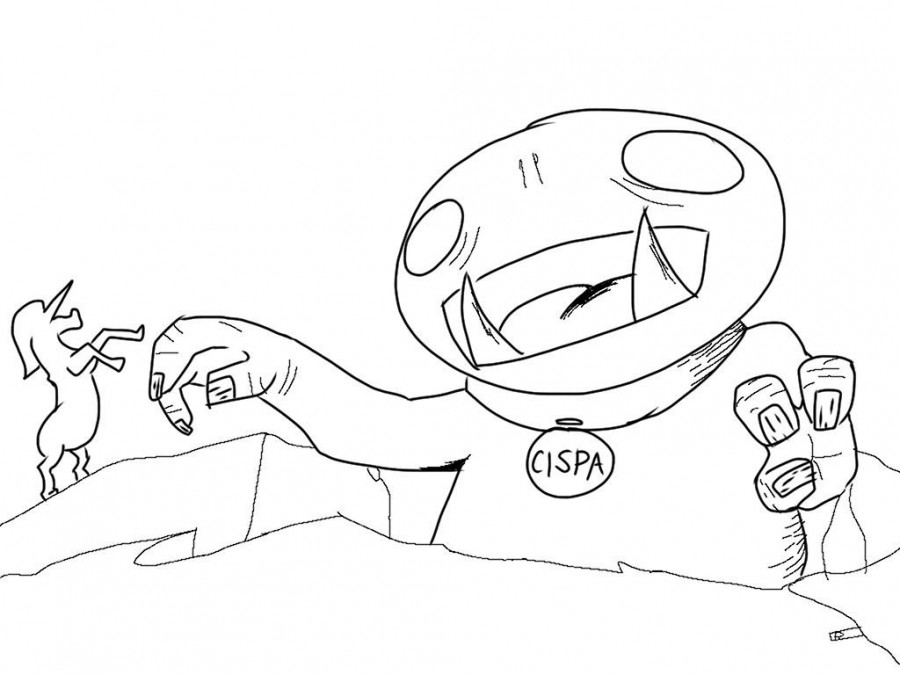While the Boston bombings held the focus of news in the United States two weeks ago, the House of Representatives voted on and passed the Cyber Intelligence Sharing and Protection Act. The bill was introduced November 30, 2011, and passed in the House of Representatives on April 26, 2012. Congressman Mike Rogers reintroduced the bill in Congress as H.R. 624 on February 13, 2013, and the House of Representatives passed the bill on April 18, 2013.
The Senate received the bill and ultimately decided not to vote on it, and the Obama administration openly opposes the bill. However, the recent Boston bombings have caused some reconsideration of the bill.
Though the bill did not pass, the issue of CISPA is a current one and one worth serious thought. If passed, CISPA would allow for the sharing of Internet information between the U.S. and technology companies. Its stated aim is to help prevent cyberterrorism and to better protect the citizens of the United States. However, the bill has raised concerns about privacy and the Internet in the same manner that the Stop Online Piracy Act did when it was introduced in 2011. In short, the bill challenges the right of free speech.
Despite the direct-sounding purpose of the bill, the language in CISPA itself is vague and favors large businesses. If CISPA passed, it would provide another avenue in the United States for large corporation control. If a company a company had any reason to get an individual’s personal information – for example, if another smaller company was proving to be competition for the large company – it could go through the government to get it.
Though it has received little media attention these past few weeks, CISPA is a relevant issue, especially to those in the age range of most of the students at Loyola. The United States is a country that runs heavily on precedent, and CISPA provides an avenue into increasing limiting of the privacy of U.S. citizens as well as the potential limiting of our own creative freedom on the Internet – particularly for our generation, a more liberal and Internet-friendly generation than those before us.
It is important now more than ever to exercise critical thinking, to carefully look into issues like these and to contact your state representatives and tell them where you stand and why. It shouldn’t take a threatening situation like this one for us to want to get involved in government decisions. Remember that you control who represents you and makes your decisions, and keep that in mind when you vote for your representatives.







